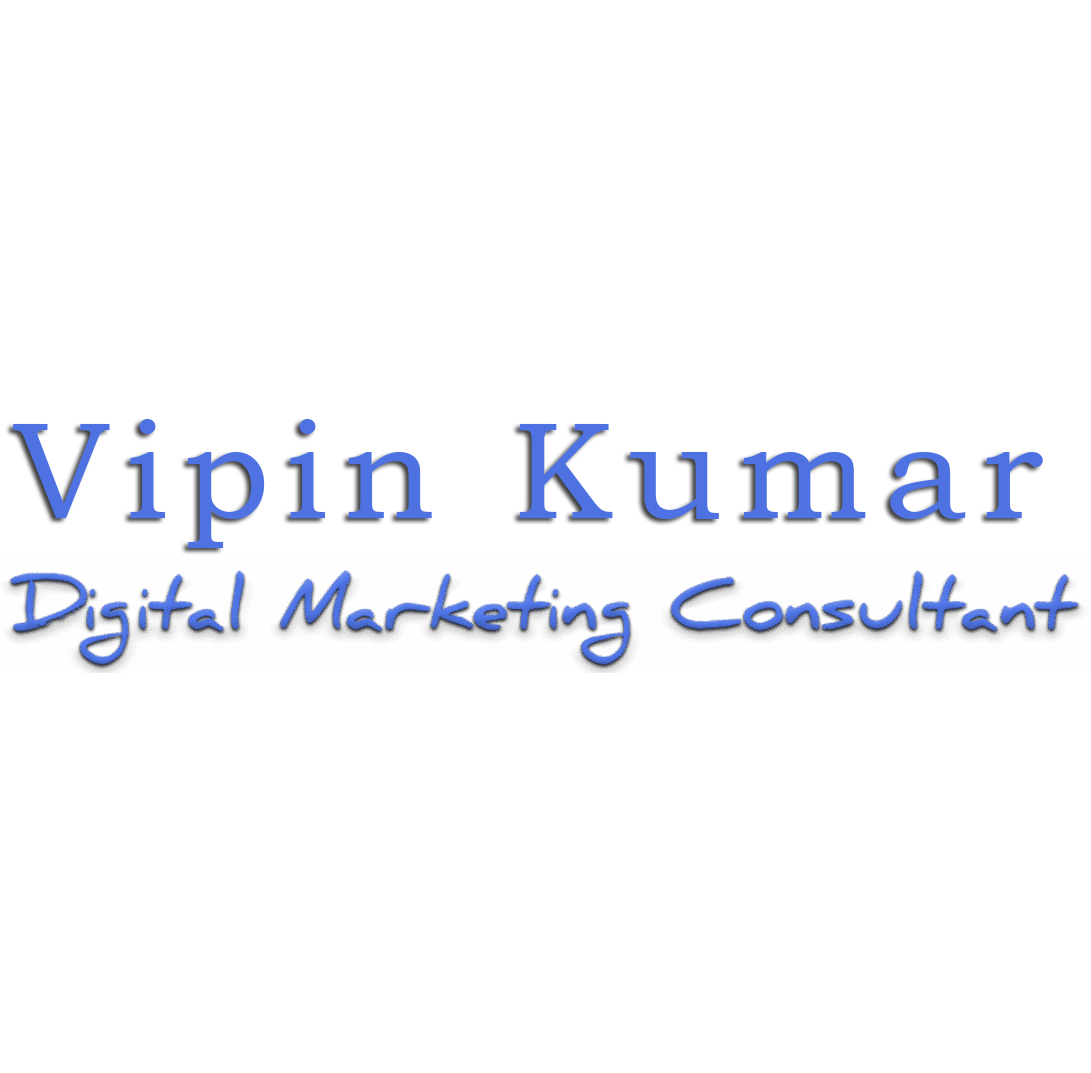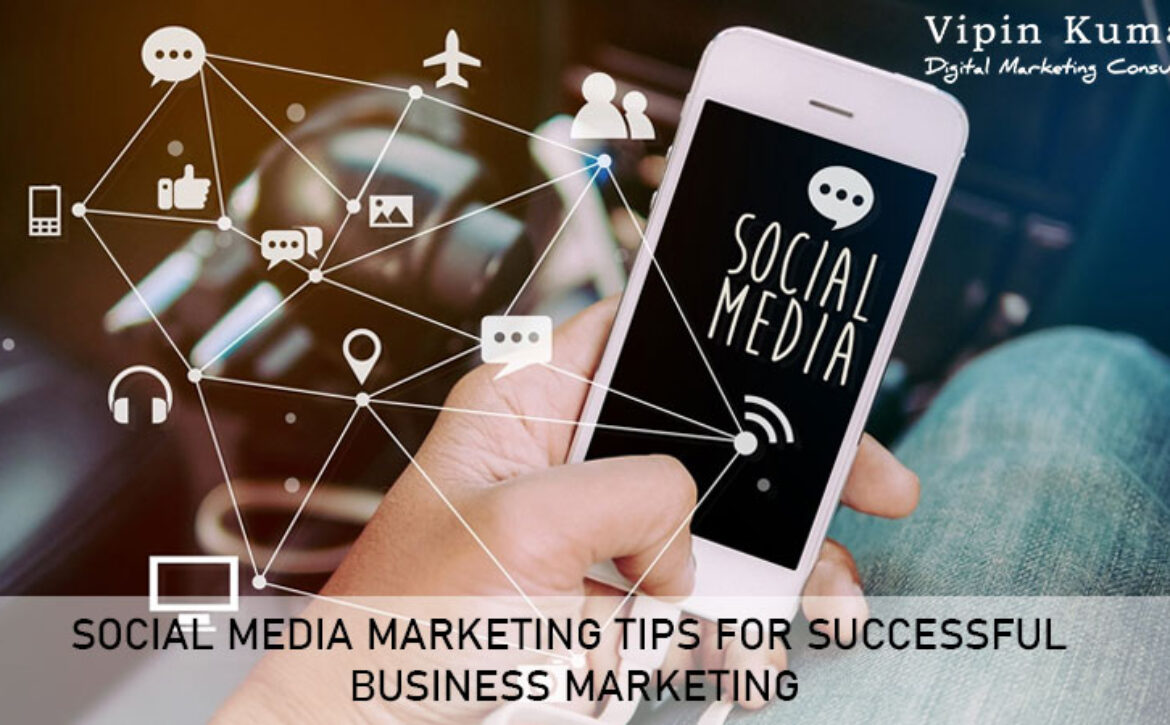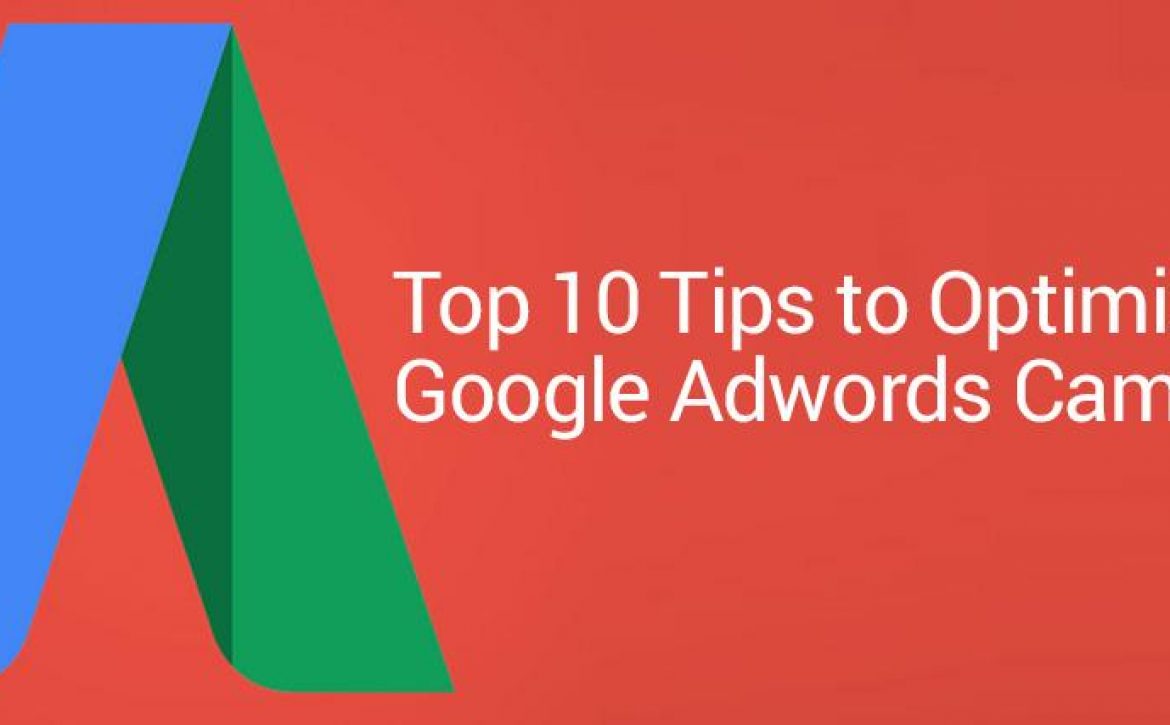What Does a Digital Marketer Do?
If you’re searching for a digital marketing position where
you’ll build up a various skill set, manage digital marketing campaigns diagonally
multiple channels, and set up yourself for a marketing guidance role, you
should judge becoming a digital marketing expert.
When company hire for this role, they are searching for
digital marketing professionals that can design, execute, and manage online
marketing campaigns diagonally multiple marketing channels: organic search,
paid search, and display advertising, email, and social media. Content
marketing, digital public relations, and influencer marketing are also amongst
the most imperative skills for digital marketing expert .
Whereas digital marketing agencies are given to hire channel specialists with opposite skill sets, most digital marketing expert jobs are in-house positions where new hires are predictable to reveal a extent of online marketing skills and facts. This makes digital marketing expert jobs particularly difficult, but there’s too huge probable for expansion and knowledge purchase that can lead to job improvement in the future.
Read More: How to add social media buttons to your blog
If you’re nervous by the brave of becoming a digital marketing expert, we’ve put collectively this reserve to help you get in progress. You’ll learn what digital marketing specialists do each day, the most significant skills they require to succeed, and the fastest technique to become a digital marketing expert.
What Does a Digital Marketing expert?
Create and implement Digital Marketing Campaigns
As a digital marketing expert, you will build up and implement digital tactic for your business. You’ll be liable for planning, building, and implementing digital marketing campaigns across multiple channels and platforms. You will use organic search campaigns, paid advertising, email marketing, social media, and other channels to increase consciousness about your company, brand, products, and services.
Ad Copywriting & Content Creation
A few digital marketing experts may work with writers or have right of entry to a resources for hiring freelance writers, but for the most part, digital marketing experts are predictable to perform ad copywriting and content creation to carry their online marketing campaigns.
Read More: What is Google AdSense? – Definition & Information
That include writing guest posts for Digital PR campaigns, creating articles and other possessions for organic search, and still writing eBooks for gated content plays, Digital marketing experts must have brilliant credible writing skills and a well-organized content making process to be successful.
Develop Visual resources for Digital Campaigns
Various digital marketing experts work beside graphic designers who carry their marketing campaigns by creating visual assets, but most are predictable to achieve this work themselves. The best digital marketing experts have advanced knowledge of graphical tools like Adobe Illustrator and can use them to develop assets for show advertising, email marketing campaigns, or infographic marketing.
Manage Websites & Publish Content
Digital marketing experts manage their organization’s
websites and publish content to support their marketing campaigns.
As digital marketing experts, you’ll need to appreciate your company’s content management system and be bright to achieve technical website optimizations by modifying HTML or CSS code.
Monitor & Optimize Marketing Campaigns
As a digital marketing expert, you will be estimated to observe the show of your marketing campaigns and optimize them over time. You will use data analytics software tools like Google Analytics to appreciate how your web traffic is being generated and recognize the best opportunities to precede business goals like generating brand attentiveness or increasing conversions. You will use visual design skills in arrangement with adaptation rate optimization (CRO) software to progress the piece of landing pages and drive conversions.
Communicate Results to Leadership
As a digital marketing expert in an in-house role, you will likely be exposure to a Marketing Manager or Director of Marketing within your business. You will require preparing reports, dashboards, or presentations to express the results of your work. You will require analyzing campaign outcomes and showing a positive return-on-investment from digital channels. You may be responsible for get-together exact KPI targets, such as total conversions, total leads generated, or number of engagements.
Read More: What is Google AdWords and How Does Google AdWords Work?
A Few Skills for Digital Marketing Experts
Digital marketing expert’s preparation digital marketing
campaigns across multiple channels create and publish written and visual
content to support marketing initiatives, optimize their marketing funnels to progress
show, and communicate their results to company leaders.
The skills listed below cover the most important technical competencies for a successful digital marketing expert.
Search engine optimization (SEO) – Digital marketing experts should be acquire advanced knowledge of SEO and the skill to create and well manage organic search campaigns.
Pay-per-click
Advertising (PPC) – Digital marketing experts are estimated to deliver beneficial
PPC campaigns across multiple ad networks, including Google Ads, Microsoft Ads,
and Paid social advertising.
Conversion Rate
Optimization (CRO) – Digital marketing experts use CRO to optimize their
marketing funnels and advance landing page conversion rates. CRO is an important
skill for improving campaign performance and ensuring overall productivity.
Data Analysis –
Digital marketing experts use data analytics to determine, analyze, and report
on campaign performance. Analytics skills are decisive for developing precise
insights and making data-driven marketing decisions.
Email Marketing –
Digital marketers design email marketing campaigns, then bear them by writing
newsletters and lead nurturing emails that keep prospects occupied until they
are prepared to buy.
Social Media
Marketing – Digital marketing experts are predictable to be experts in rising
high-quality followers and building commitment across the four main social
channels: Facebook, Instagram, Twitter, and LinkedIn.
Content Marketing
– Digital marketing experts should be known with the process of content
marketing and how to create satisfied that is outstanding, shareable, useful,
and drives genuine engagement from interested audiences.
Digital PR –
Digital PR is an area of marketing that focuses on developing and increasing
online presence during high-quality back link generation, press releases, guest
posting, and other initiatives that raise position and brand contact online.
Digital marketing experts are expected to promote their organizations using
Digital PR tactics and methods.
Website CMS – To
fulfill their website administration and content publishing tasks, digital
marketing specialists should be experts in website content management systems –
especially WordPress, the CMS used by virtually a third of all websites.
HTML & CSS – HTML and CSS are mark-up languages used to format the content that appears on a web page. Digital marketing specialists, who understand HTML and CSS are extra expensive – they can make changes to a website, customize and perform content experiments, and design landing pages on their own.
How to Become Digital Marketing experts
Becoming a digital marketing expert will want you to develop a wide skill set, but you’ll learn a huge amount about digital marketing in the process and get ready yourself for a Digital Marketing Manager or Marketing Director Task in the future.
Read More: Why Social Media Marketing is Importance of Business
Here’s how to get started on the way to becoming a digital marketing specialist:
Increase Your Digital Marketing Skill Set
As digital marketing experts, you’ll require to develop a
very wide technical skill set to be successful. You can start to increase your skill
set by searching for free assets online, such as podcasts, webinars, videos,
and even blog posts and articles. You can also expand your technical knowledge
by taking our digital marketing course at Directive Institute.
Develop a Process for Success
Here’s what sets Directive Institute apart from other
marketing courses online:
Instead of focusing on theoretical knowledge, we’ve designed our courses to deliver a proven process for generating real results and to help you gain practical experience by putting that process into action.
Read More: How to optimise the design of your website
When you search for digital marketing experts jobs, you’ll
find all kinds of requirements for education, experience, qualifications, and
the rest of it – but what trumps all of that is being able to deliver results,
and that’s exactly what our SEO, PPC, CRO, and Data Analytics course modules
help with.
Apply for Digital Marketing experts Jobs
When you feel certain in applying your skills, you’re ready
to start applying for digital marketing experts jobs. Congratulations! Be ready
to explain indication of your past marketing successes as part of the conference
process and influence your potential employer that you have what it takes to
succeed.












 WhatsApp us
WhatsApp us 
